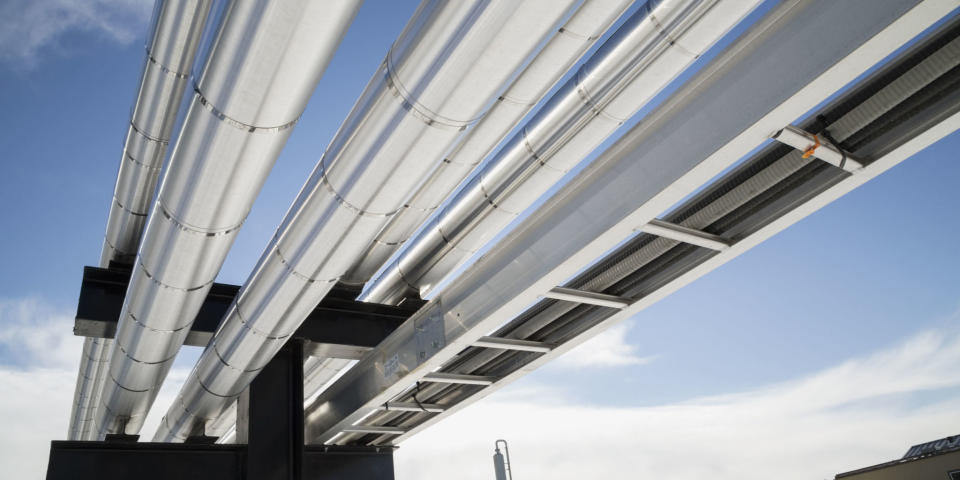How Simple Hydrogen Could Solve Renewable Energy's Biggest Problem

One of the biggest problems with renewable energy is the way supply and demand can fluctuate wildly. If the wind stops blowing or the sun goes down, renewable energy generation will grind to a halt even if people still need that electricity. Conversely, if electricity demand is low then all the energy produced by solar or wind is wasted.
The ideal solution would involve some way of storing excess electricity when it's not needed to use when production is low, but most solutions are too expensive or difficult to implement. One promising solution is hydrogen storage, and the University of California, Irvine just launched the first such project in the United States, paving the way for other universities or municipalities to do the same.
[contentlinks align="left" textonly="false" numbered="false" headline="More%20Renewable%20Energy%20Solutions" customtitles="Scientists%20Discover%20How%20to%20Turn%20CO2%20Into%20Ethanol%7CScotland%20Will%20Soon%20Be%20Running%20on%20Kite%20Power%7CGrass%20Clippings%20Could%20Someday%20Heat%20Your%20Home" customimages="||" content="article.23417|article.23267|article.23967"]
The project involves a technique called electrolysis, which uses electricity (in this case, electricity generated by the excess wind or solar power) to separate water into oxygen and hydrogen. The oxygen can be released into the atmosphere or used for other purposes, while the hydrogen is stored. The hydrogen can be compressed and injected into existing natural gas pipelines, where it is burned to generate electricity or heat. In this way, hydrogen acts as an efficient means of storing excess electricity generated by renewable sources.
The advantages of this system are that it uses existing infrastructure, so no new pipelines need to be installed. The process can also be easily scaled to meet changing needs.
The biggest downside of this technology is that injecting hydrogen into gas pipelines requires years of evaluation and testing, which limits the usefulness. Careful study is required for each individual implementation to ensure that the hydrogen can be injected safely.
With each successful hydrogen project, our knowledge of this technology increases and implementation becomes easier. Hopefully, the UCI project allows other areas of the country to start building their own hydrogen systems soon.
Source: UCI
You Might Also Like

